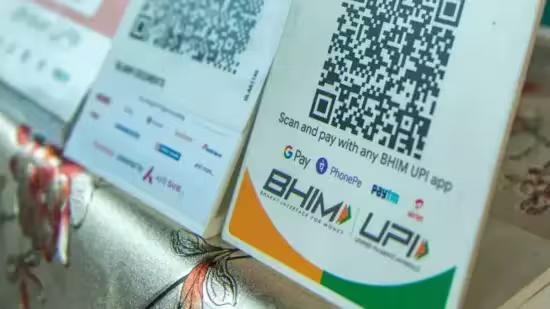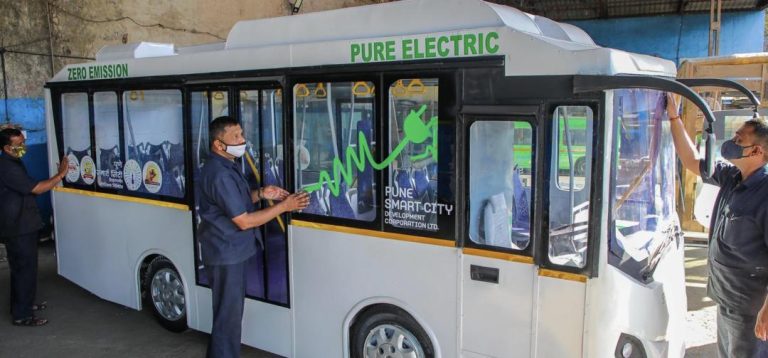
Trinidad & Tobago becomes the first Caribbean nation to adopt UPI
In a significant move towards digital payments and collaborative economic growth, Trinidad and Tobago has become the first Caribbean country to adopt Unified Payments Interface (UPI), India’s flagship digital payment platform. The development was announced during Prime Minister Narendra Modi’s two-day official visit to the Caribbean nation. This milestone marks a significant step forward in the partnership between the two countries, with further collaboration planned in the implementation of India Stack solutions.
UPI, developed by the National Payments Corporation of India (NPCI), is a real-time payment system that enables users to initiate transactions between banks, financial institutions, and other entities. The platform has been instrumental in promoting digital transactions in India, with over 1.3 billion transactions worth over $10 billion processed every month. The adoption of UPI by Trinidad and Tobago is a testament to the platform’s scalability and versatility, as it expands its reach to the international stage.
The agreement to adopt UPI was signed during PM Modi’s visit to Trinidad and Tobago, which aimed to strengthen bilateral ties between the two nations. The visit marked a significant milestone in the partnership between India and Trinidad and Tobago, with both countries expressing their commitment to promoting economic cooperation and mutual understanding.
The adoption of UPI by Trinidad and Tobago is expected to have a positive impact on the country’s digital payment ecosystem. The platform will enable seamless and secure transactions between individuals, businesses, and government entities, promoting financial inclusion and reducing the reliance on cash. Additionally, UPI will facilitate cross-border transactions, making it easier for businesses and individuals to conduct international trade and commerce.
The partnership between India and Trinidad and Tobago extends beyond UPI, with plans to implement other India Stack solutions, including DigiLocker, e-Sign, and Government e-Marketplace (GeM). DigiLocker is a digital locker service that allows users to store and access their documents and certificates online, while e-Sign is an electronic signature service that enables secure and authenticated signing of documents. GeM, on the other hand, is an online marketplace that enables government entities and private companies to purchase goods and services.
The implementation of these solutions will help Trinidad and Tobago to improve its digital infrastructure, enhance transparency and accountability, and promote ease of doing business. The partnership will also facilitate knowledge sharing and collaboration between the two countries, with India sharing its expertise in digital payments and innovation.
The adoption of UPI by Trinidad and Tobago marks a significant milestone in the global expansion of the platform. With the addition of Trinidad and Tobago, UPI is now available in eight countries, including India, Bhutan, Russia, Singapore, United Arab Emirates, Qatar, Bahrain, and now Trinidad and Tobago.
In conclusion, the adoption of UPI by Trinidad and Tobago is a significant development that marks a new era in digital payments and economic cooperation between the two countries. The partnership will promote financial inclusion, ease of doing business, and transparency, while also facilitating knowledge sharing and collaboration. As UPI continues to expand its reach globally, it is expected to play a key role in promoting digital payments and economic growth, connecting businesses and individuals across the world.






